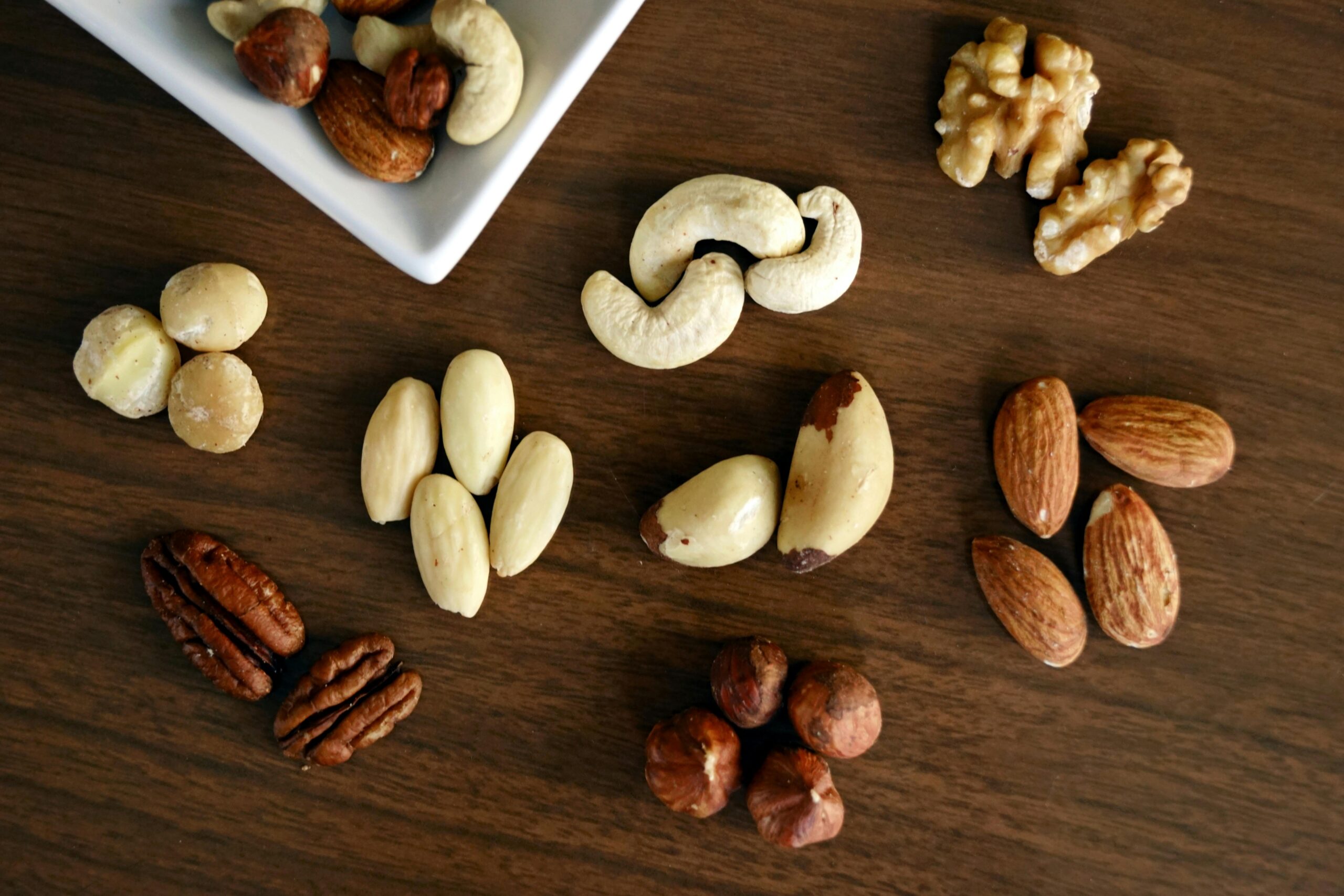A plant-based diet is more than just a food trend — it’s a lifestyle choice with proven benefits for your body, mind, and the environment. While it doesn’t necessarily mean going fully vegetarian or vegan, adopting a diet rich in whole plant foods can significantly improve your long-term health. This article explores the core benefits of a plant-based diet and how you can incorporate it into your life.
🌱 What is a Plant-Based Diet?
A plant-based diet emphasizes foods primarily from plants, including:
- Fruits and vegetables
- Whole grains
- Legumes (beans, lentils)
- Nuts and seeds
- Healthy plant oils (olive oil, avocado oil)
This doesn’t mean you have to eliminate meat or dairy entirely — rather, the focus is on reducing animal-based foods and increasing plant-based options in your daily meals.
❤️ 1. Improves Heart Health
One of the biggest benefits of a plant-based diet is its positive impact on the heart. Plant foods are low in saturated fats and high in fiber, antioxidants, and phytonutrients — all of which are great for cardiovascular health.
Studies show:
- Vegetarians have a 24% lower risk of dying from heart disease.
- A plant-based diet can lower LDL (“bad”) cholesterol and blood pressure.
Foods to include:
- Oats, flaxseeds, berries, nuts, leafy greens
💪 2. Supports Healthy Weight Loss
Plant-based diets are naturally lower in calories and higher in fiber, helping you feel full for longer. Fiber slows digestion, reduces cravings, and improves blood sugar regulation.
Benefits:
- Easier to maintain a healthy weight
- Reduced risk of obesity
- Promotes a leaner body mass
🍬 3. Helps Prevent Type 2 Diabetes
Plant-based eating helps maintain stable blood sugar levels, thanks to high-fiber foods and a lower intake of refined sugars and processed meat.
Why it works:
- Fiber slows the absorption of sugar
- Reduces insulin resistance
- Promotes weight loss — a key factor in managing diabetes
Best foods:
- Lentils, chickpeas, whole grains, leafy greens
🧠 4. Boosts Mental Clarity and Mood
The nutrients found in plant-based foods — especially omega-3s, antioxidants, and B vitamins — play a crucial role in brain health.
Benefits:
- Reduces inflammation in the brain
- Supports neurotransmitter production
- Enhances memory and focus
Mood-boosting foods:
- Walnuts, chia seeds, berries, bananas, spinach
🛡️ 5. Strengthens the Immune System
A strong immune system is your first line of defense against infections and illnesses. Plant-based diets provide essential vitamins (C, E, A) and minerals (zinc, selenium) that help strengthen immunity.
Examples:
- Citrus fruits = Vitamin C
- Nuts & seeds = Vitamin E
- Carrots & sweet potatoes = Beta-carotene (Vitamin A)
🧬 6. Reduces Risk of Cancer
While no diet can guarantee cancer prevention, research shows that plant-based diets may lower the risk of certain cancers, particularly colon, breast, and prostate cancers.
Why?
- Rich in antioxidants that fight cell damage
- Fiber supports healthy digestion and toxin elimination
- Lower intake of carcinogenic compounds found in red and processed meats
🌎 7. Benefits the Environment
Eating more plant-based meals not only helps your body but also contributes to a healthier planet.
Did you know?
- Animal agriculture is responsible for ~14.5% of global greenhouse gas emissions.
- Plant-based foods require less water, land, and energy to produce.
By reducing meat and dairy intake, you’re helping to conserve natural resources and reduce your carbon footprint.
🥗 Easy Ways to Start a Plant-Based Diet
- Start with one plant-based meal a day
- Use “Meatless Mondays” to experiment with new recipes
- Add more vegetables to your current meals
- Swap dairy with plant-based alternatives (almond milk, coconut yogurt)
- Snack on nuts, fruit, or hummus instead of processed snacks
- Try global plant-based cuisines like Indian, Mediterranean, or Thai
⚖️ Common Myths About Plant-Based Eating
Myth 1: You won’t get enough protein.
Truth: Beans, lentils, tofu, tempeh, quinoa, and nuts are excellent sources of protein.
Myth 2: It’s expensive.
Truth: Buying whole grains, legumes, and in-season produce is often cheaper than meat or processed foods.
Myth 3: It’s boring.
Truth: With endless spices, sauces, and cultural dishes, plant-based meals can be incredibly flavorful.
📝 Final Thoughts
A plant-based diet is one of the most powerful tools for achieving long-term health. From boosting your heart health and immunity to supporting mental clarity and protecting the environment, the benefits are far-reaching. You don’t have to go all-in overnight — just start by making small changes, and your body will thank you.
Healthy eating starts with smart choices. Choose plants more often — your future self will be healthier and happier for it.



